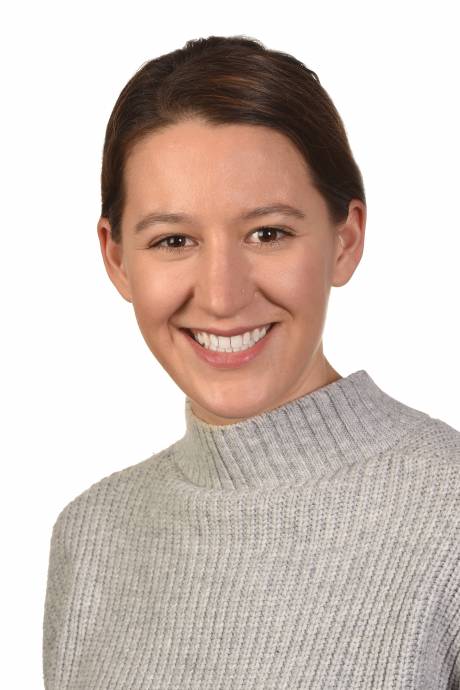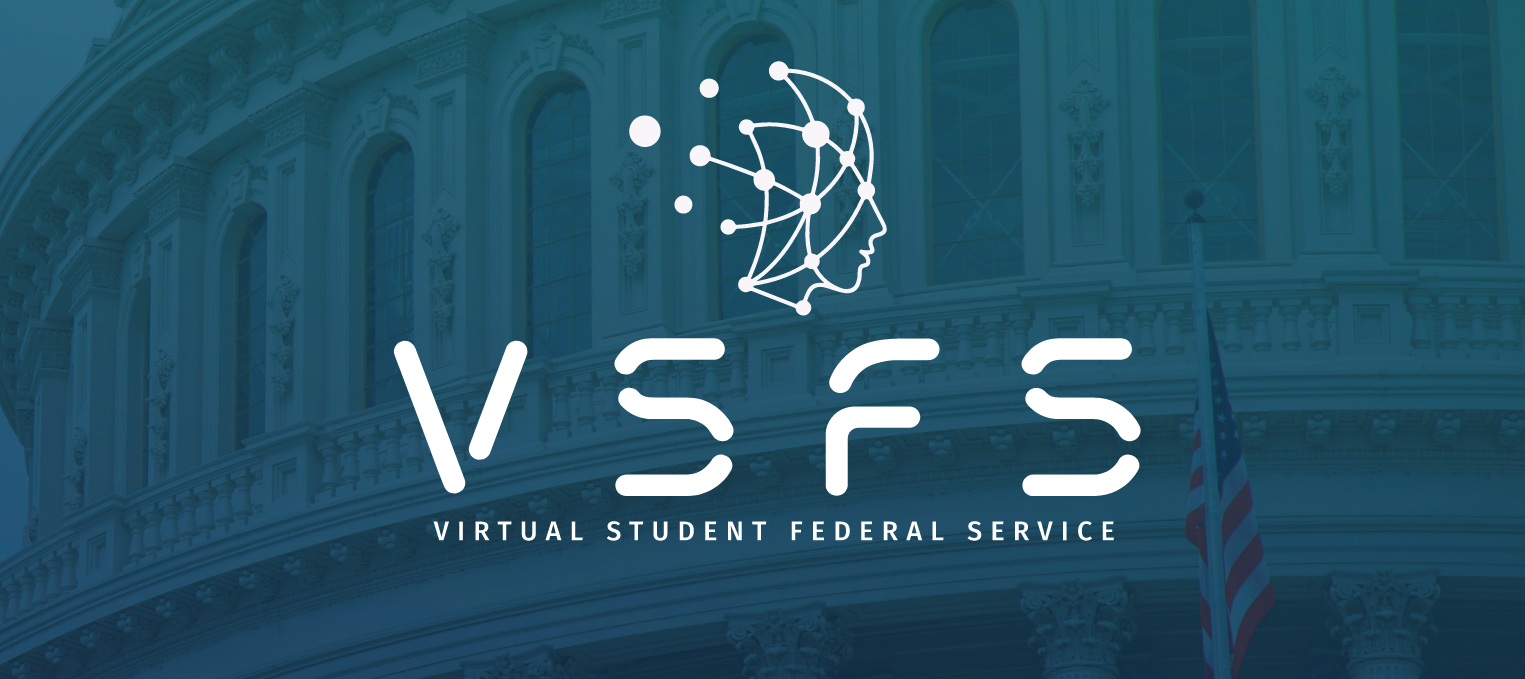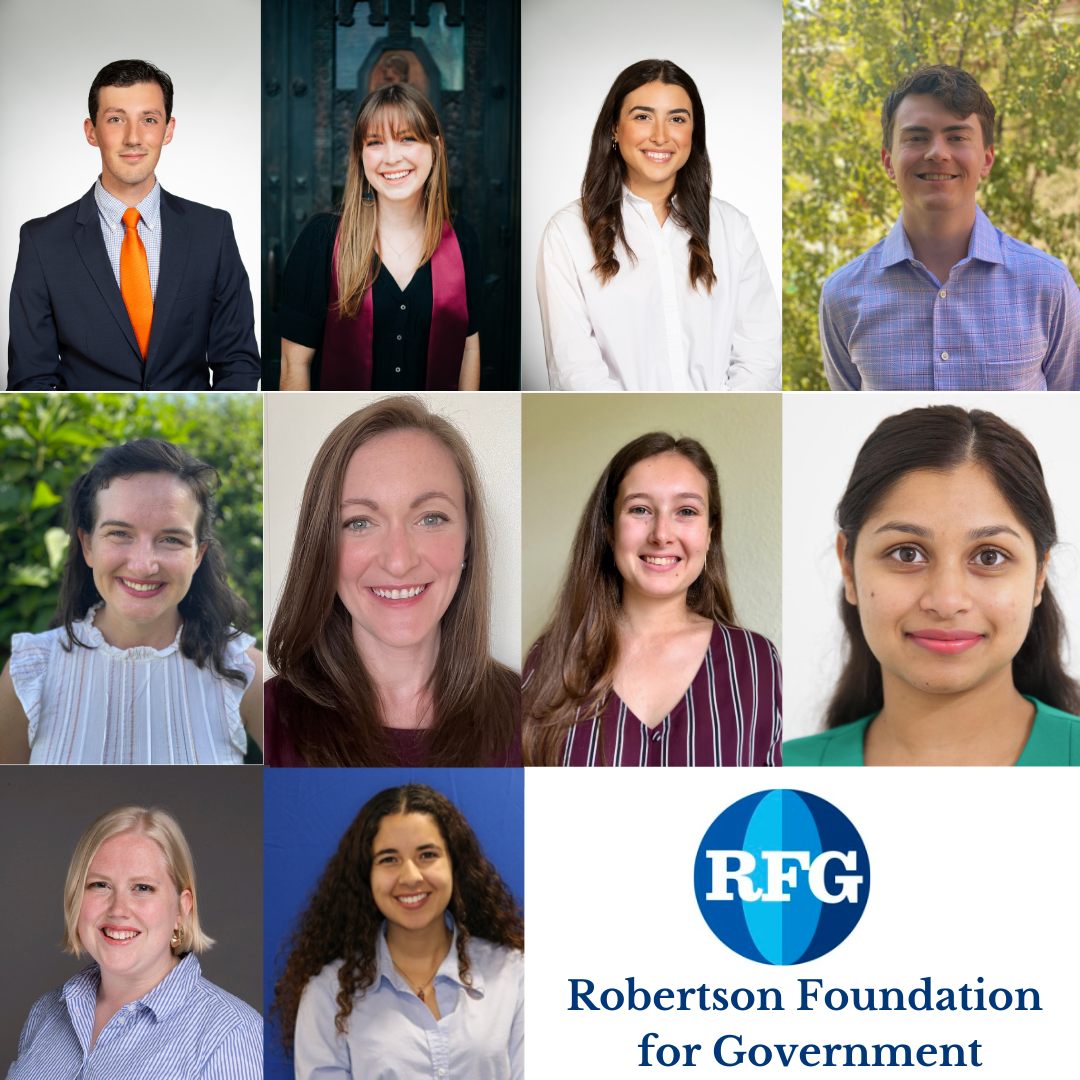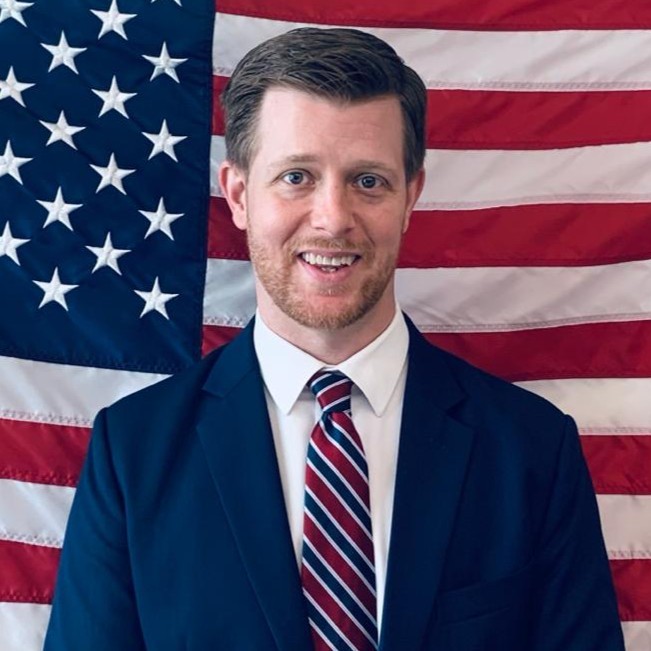
RFG is proud to recognize Emily Ashbridge (Bush, 2023) as the winner of the Dr. Michael Schneider Professional Writing Award for the second quarter of 2023. Check out her award-winning piece below titled, “Making the CHIPS Act Pay Off: How to Boost STEM Talent to Meet Industry Needs.” This piece was originally published by the National Defense Industrial Association (NDIA) when Emily was serving as a NDIA Fellow in 2022.
In August, President Biden signed the CHIPS and Science Act into law. The act, which sets aside $52 billion in government subsidies to bring semiconductor manufacturing to the US and away from current East Asian productive hubs, marks a significant milestone in strengthening US technological competitiveness. However, as significant as these investments are, additional action is needed to ensure semiconductor companies have access to the human talent that keeps them competitive. Here, US allies and partners can help.
While the US pioneered chipmaking, domestic production has waned in recent years. Since 1990, US semiconductor manufacturing capacity has dropped from nearly 40% of the global supply to 12% today. During the same period, these chips have become essential to American life. Semiconductors not only underpin daily electronics from cell phones to cars, but have military uses that pose critical national security threats if America gets left behind.
The CHIPS Act is designed to shore up American vulnerabilities. By increasing domestic manufacturing of semiconductors, the US aims to become more resilient to supply chain disruptions and the significant security implications that come with them, like those that occurred during the pandemic. Further, as China steps up aggression towards Taiwan, where over 90% of the world’s most advance chips are produced, Washington feels pressure to build resiliency in the event of East Asia production grinding to a halt.
While the CHIPS Act is a significant step in strengthening supply chain security, American capacity to manufacture chips faces an unexpected barrier: human capital. For high-tech industry, a small yet critical core of high-skilled workers is essential. However, decades of declining investment in STEM education have produced a critical shortage of qualified American workers. In 2015, economic projections estimated a need for 1 million more STEM professionals in the US for the country to maintain its preeminence in science and technology. While the US missed this mark, demand for STEM professionals has only increased.
The talent bottleneck is particularly visible within semiconductor applications. To meet capacity needs for only the critical semiconductor applications, the US will need to increase its current workforce by 50%. If the U.S. were to not just handle critical needs but become self-sufficient, it would require nearly four times more manufacturing plants and associated jobs. While the Government Accountability Office has recognized the need to implement workforce development policies to increase the STEM talent pool, the effects of these policies will take years to materialize.
At the same time, semiconductor manufacturers are grappling with an insufficient supply of workers now. Last month, the Taiwanese Semiconductor Manufacturing Corporation was forced to delay the opening of a chip manufacturing plant in Arizona by six months due, in part, to labor shortages. As companies decide whether to pursue government subsidies through the CHIPS Act or not, the availability of skilled labor will be a central consideration in their process. Washington’s Investment through the act will not pay off unless it addresses the talent bottleneck.
Boosting the talent pool will require both long-term and short-term action. Long-term efforts must focus on funding STEM education and, in effect, revitalizing the American research and defense industrial base. Throughout history, federal support for research and development has fostered a pipeline of innovators that has changed the tide of war and propelled economic and technological growth. The government’s drive is needed again. By expanding STEM scholarship opportunities and boosting federal training programs that re-skill labor to meet the demands of semiconductor companies, the US can make and sustain strides to closing the labor supply gap.
At the same time, more immediate solutions are necessary. While there are not enough native-born Americans equipped with the skills to meet labor demand, the US continues to educate and graduate foreign nationals that do. Allowing these students to stay in the country could help alleviate the labor shortages semiconductor firms face. In Ohio, where Intel has pledged $20 billion to build two new plants, foreign-born workers in chip-making occupations constitute 10 percent of the labor force, which is double the state’s average immigrant share. As more companies shift manufacturing back to the US, thousands of new jobs will remain vacant unless the industry is empowered to retain foreign talent.
To boost chip-manufacturing, Washington must reform its immigration policy. One avenue is to extend visas for foreign-born students educated in STEM fields at American universities to stay in the country. Following graduation and successful corporate sponsorship, these foreign students could convert student visas into work visas for a duration of five years. In addition to filling the current labor gap, smart immigration reforms can also advance US geopolitical goals. Prioritizing citizens from like-minded countries, such as India and Japan, could further demonstrate Washington’s commitment to allies and partners while boosting the labor supply.
Now that President Biden has signed the CHIPS Act, semiconductor companies will decide how and whether to leverage the subsidies set aside to boost domestic chip manufacturing. Their decision to do so rests, in part, on the availability of qualified workers. Expanding the talent pool to include highly skilled foreign talent will not only meet the demands of the industry, but also help to advance US geopolitical goals with key partner nations. While the CHIPS Act is a first step in bolstering American competitiveness, more work is needed.




